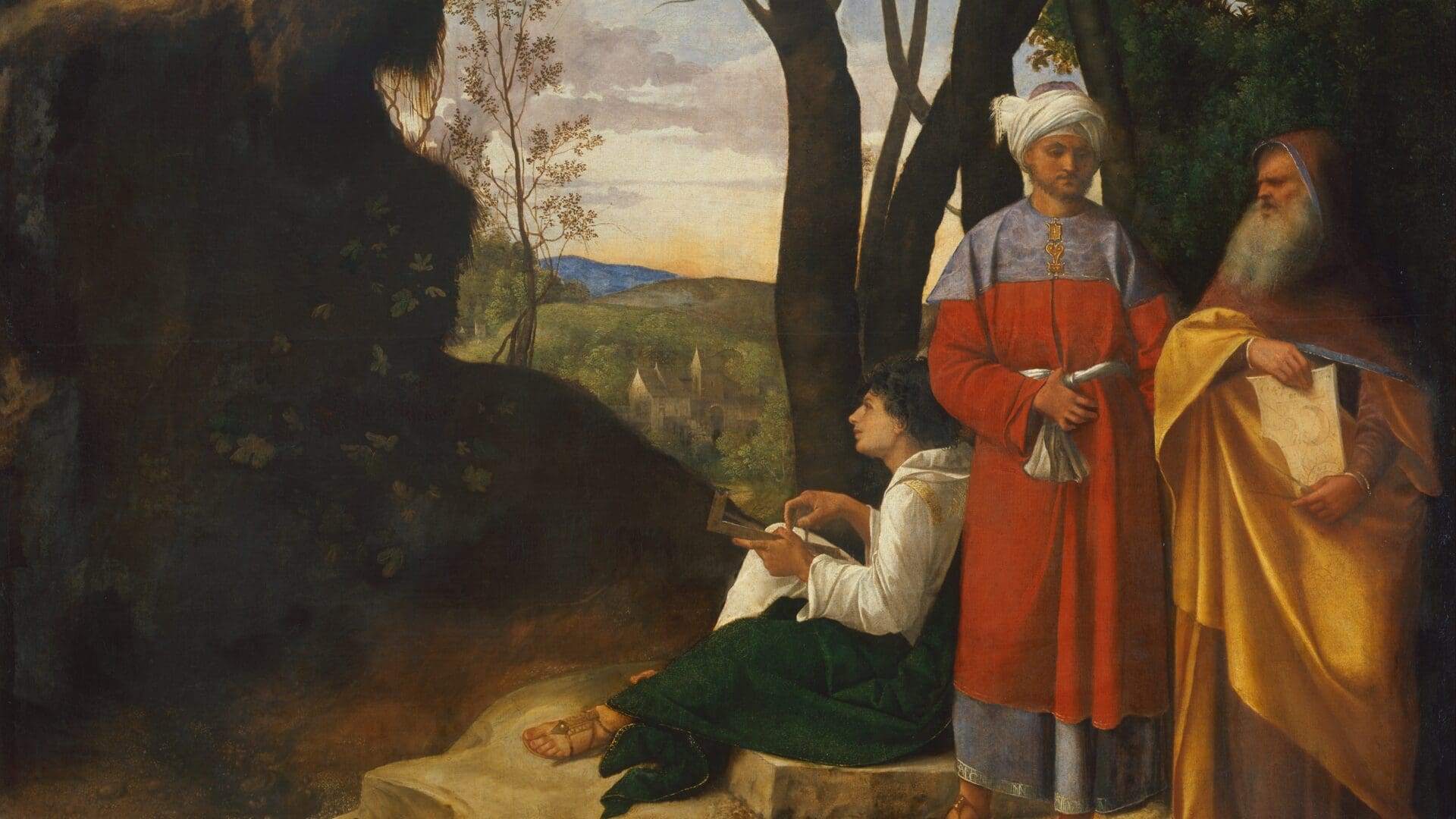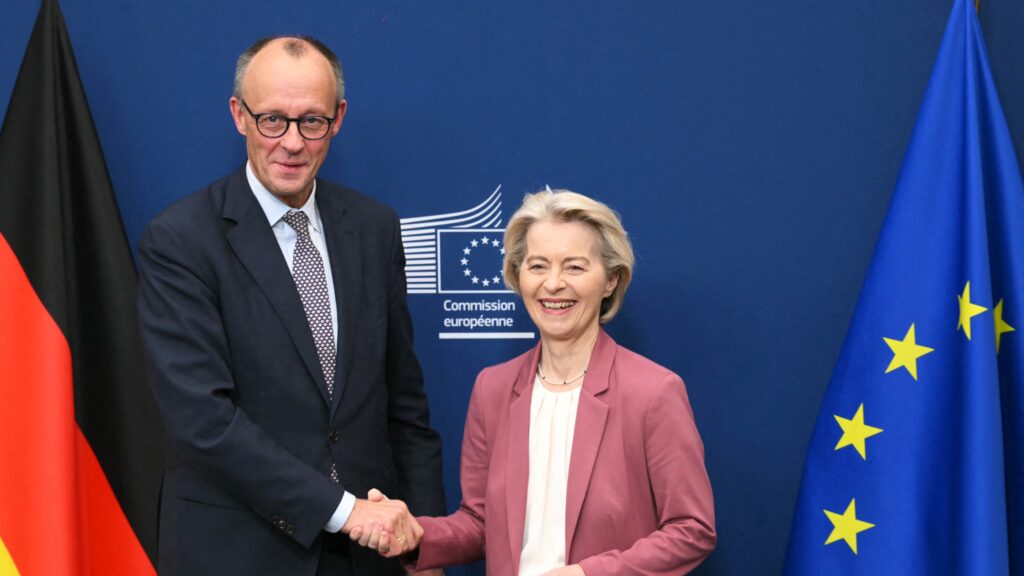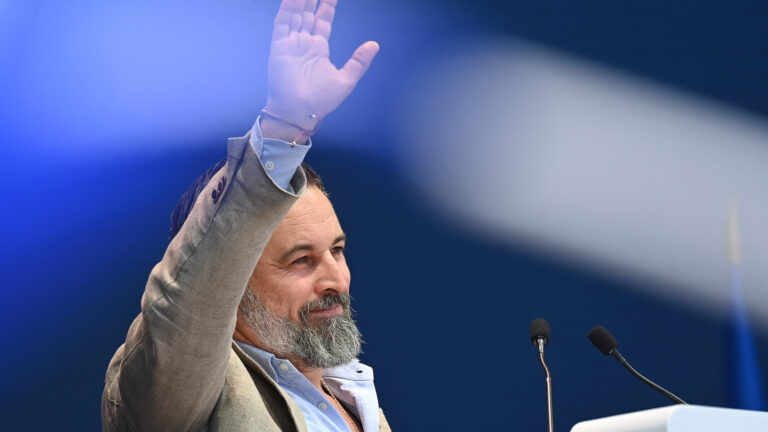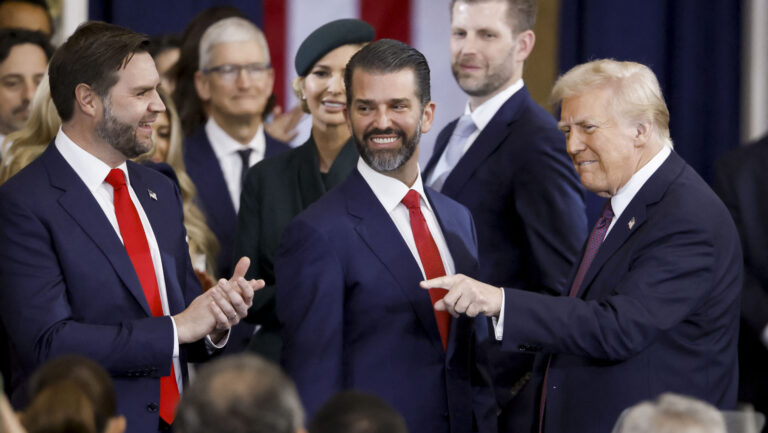The European Parliament elections, in which around 357 million citizens turned out to vote, caused internal political instability in numerous member countries. In Belgium the government resigned, while French President Emmanuel Macron called for snap elections; the German Chancellor and his government are fighting for their survival. In the meantime, a war is raging in the Eastern part of Europe and in the Middle East; the majority of EU citizens faced some sort of economic hardship in the past two years, and all of us spent more than one year in a draconian lockdown.
Given these circumstances, how can we rationally analyse the power politics of countries and political alliances, and how should policymakers act in order to help the communities they lead and represent flourish? I recommend reading Niccolò Machiavelli’s major philosophical work, Discourses on Livy for useful insights regarding these pressing questions.
In my analysis I will first present the Italian philosopher’s lesser-known work, which is more detailed and sophisticated than The Prince. Secondly, I will argue, on the basis of Machiavelli’s insights, that the majority of policymakers in Brussels have to work together with the so-called far-right.
Why is Machiavelli still relevant, one might ask. His political theory is not about an idealistic state of affairs; it rather looks to solve existing strategic and tactical problems. This work founded the tradition of republicanism, which is still shaping politics in Europe and in the Anglosphere. In his work Machiavelli urges us
to preserve individual freedom, to make sure our communities flourish, and to practise virtues
such as courage and patriotism in the political realm.
Historical Context
The leaders of the mediaeval Italian city-states seldom had the potential to project power far from their walls, but due to their geostrategic importance, they were key players in a complex economic web. This geopolitical reality forced the elites of these small states to create a political system that allowed very diverse groups of people to pursue their interests. It can generally be said that between the 10th and 16th centuries, the leaders of the cities were often elected from the ranks of merchants, nobility, clergy, or guild members who had to mediate between these classes.[1]
During the late Middle Ages and Renaissance, Florence led the way in reviving the republicanist system, thus boasted public and political debate, which allowed institutionalized political participation, and dealt with power struggles in the public sphere rather than through intrigues. Florence had a popular version of a republic, contrary to the aristocratic one in Venice, where the most impartial and useful individuals were elected to ensure collective harmony.[2]
Niccolò Machiavelli, a Florentine citizen, witnessed great upheaval and change as a young man. The aggressive expansion of the Ottomans in the Adriatic and the Balkans, the discovery of new lands by a Genoese merchant under the Portuguese flag, and the protest against the selling of indulgences by a theologian from the northern part of the Holy Roman Empire all contributed to a shifting geopolitical paradigm in Europe. At just 29, he got his first governmental post in 1498 and after a military blunder of Florence he was sent to the court of Louis XII to ask for his support.[3] From the French perspective Florence was an ill-governed city which had little to offer, and Machiavelli quickly had to realize that the city-state’s political system and financial capacities was merely a source of amusement to the French.[4]
After months of fruitless negotiations, he had to return home. Over the next few years Machiavelli reached the peak of his career, leading diplomatic envoys to the court of Cesare Borgia, Pope Julius II and to Emperor Maximilian I.[5] In this period he had the chance to talk to the most influential people of his time and learned first-hand how crucial bold decisions and flexibility are. At the end of his diplomatic missions, he concluded that a consistent foreign policy and good laws were needed if Florence wanted to preserve its liberty.

Fortuna, una bona dea
Machiavelli’s moral perspective on politics was based on the humanist tradition. Like other contemporary philosophers, he studied Christian theology alongside with the ancient Greek and Latin texts, reading Cicero, Roman history and Titus Livius.[6] Thus he redefined the nature of Fortune, describing it as a ‘good goddess’ who can help any person with the right qualities. Contrary to the solely Christian definition, Fortune is not a blind power driven by the will of God but a force in itself. Fortune, a bona dea[7] can give all those things a human being desires, such as the attainment of civic glory. She can work in our interests if she finds us appealing, but we should always keep in mind that she is attracted by virtú,[8]qualities like courage, honour, patriotism, or the willingness to do anything to attain civic glory. She is the friend of those who are less cautious and are brave, but she despises cowardly people. A ruler cannot be successful without virtú or the help of Fortune. The legitimacy for power comes from one’s deeds, and it is not granted to anyone. This means that our fate is not inherently dependent on our Creator’s will, but we ourselves can shape it.[9]
The key question that Machiavelli tries to answer in his Discourses is how we can make a republic free and prosperous. In his opinion having virtuous citizens is not enough to make a good republic: ‘I say that every ought to have its methods with which the people can vent its ambition, and especially those cities that wish to avail themselves of the people in important thing.’[10] Inspired by the history of the Roman Republic, Sparta and Athens, he concluded that a free city also needs good laws.
Machiavelli in his first Discourse identifies three primary forms of republics: the principality, the aristocratic, and the popular government.[11] A principality is governed by a prince or monarch, relying on centralized power. An aristocratic republic is managed by a select group of elites or nobles, who control decisions based on their privileged status. In contrast, a popular government is ruled by the general populace or their representatives, embodying more democratic principles. Machiavelli argues that when customs and morals function effectively, legal enforcement becomes unnecessary. [12]
However, in the absence of good customs, laws must be enacted to maintain order and justice. Machiavelli also highlights that people, when given unchecked freedom, often succumb to their baser instincts, exploiting their liberty for malign purposes due to their inherently flawed nature.[13] He suggests that
men engage in virtuous behaviour primarily out of necessity rather than genuine inclination.
This necessity arises from either the fear of punishment or the practical benefits of adhering to societal norms and good laws. When governance is reduced to mere excess in opulence and indulgence, as observed with princes who prioritize personal grandeur over governance, it leads to tyranny. But he also highlights that, when Roman citizens overthrew the kings, they preserved their laws so they could honour the beneficial aspects of their governance, focusing on common welfare and the traditions of their city: ‘This should be taken as a general rule: that it never or rarely happens that any republic or kingdom is ordered well from the beginning or reformed altogether anew outside its old orders unless it is ordered by one individual.’[14]
A successful republic, according to Machiavelli, is characterized by laws that are lived by rather than frequently amended. While no system of governance can achieve absolute perfection, a stable republic can achieve a functional balance. For him Rome serves as a historical exemplar of such a system, where laws were respected and adhered to, placing communal benefits above personal gain, thus prudently managing both public and private affairs.
The Roman constitution, much like the one crafted by Lycurgus in Sparta, addressed the interests of both kings, aristocrats, and common people, providing a robust framework that endured various political transitions without stripping any governing entity of its authority.
Machiavelli argues that the flexibility of a republicanist system makes it an incredibly resilient political structure,
which can survive both external and internal turmoil.
Lessons for Brussels
The EPP, SD, and RN still hold a majority in the European Parliament, albeit to a lesser degree; still, the success of the conservative and righ-twing parties is undeniable. If the establishment parties continue to treat them as pariahs in Brussels and in domestic politics, this will show their distrust in democratic institutions and in European societies as a whole. Not letting the political landscape change through voting and meaningful conversion will lead to the creations of all those demons they fear right now.
[1] Jean Boutier and Yves Sintomer, The Republic of Florence (from the twelfth to the sixteenth centuries), translated from French by Sarah-Louise Raillard), Revue française de science politique, Volume 64, Issue 6, 2014, 1055–1081.
[2] Ibid.
[3] Quentin Skinner, Machiavelli, Hill and Wang, New York, 1981, 6.
[4] Ibid.
[5] Ibid, 15.
[6] Ibid, 30.
[7] Ibid, 25.
[8] Ibid, 26.
[9] Ibid, 28.
[10] Niccolò Machiavelli: Discourses on Livy, translated by Harvey C. Mansfield and Nathan Tarcov, The University of Chicago Press, Chicago, 1996, 15.
[11] Ibid, 11.
[12] Ibid, 12.
[13] Ibid, 14.
[14] Ibid, 29.
Read more from the author:







